
Mainland-born Taiwanese who headed for their hometowns often bought these objects for relatives and friends, usually in designated shops such as the Beijing Friendship Store.
At that time, the supply of goods was insufficient on the mainland, which prompted some Taiwanese tourist guides who frequently traveled to the mainland to resell foreign exchange credentials to mainland residents at a profit.
However, Taiwanese also paid a price for these privileges.
Taiwanese lawyer Shum Hang-Tak recalled that when he started a business on the mainland, he could only choose from a few designated hotels in Beijing such as the Great Wall Hotel and the Friendship Hotel in 1992 and paid higher hotel fees.
Using the "Certificate for Taiwanese Travelers," he had to pay double the cost for plane tickets on the mainland. He also had to pay 1.5 times the price for the entrance fee to Beihai Park in downtown Beijing.
Nevertheless, the mainland market's abundant business opportunities and taxation privileges for Taiwanese enterprises and investment attracted more Taiwan residents like Shum.
Shum recalled that airplanes from Taiwan to Hong Kong were crowded, as most of the Taiwanese passengers headed for the mainland for business.
In response to the great influx of Taiwanese, on May 1, 1992, the one-off "Certificate for Taiwanese Travelers" was changed from a piece of paper to a formal pass with a validity period of up to five years.
A new version of the pass was unveiled in 1998 to prevent counterfeiting.
Over the last 25 years, the number of Taiwanese traveling across the Strait increased from 5,000 to 5 million annually, statistics from the Ministry of Public Security (MPS) show.
The number of entries by Taiwan residents last year was 112 times that of 1987, the statistics show.
The MPS has simplified application procedures for the entry permit, and the certificate has become an identification card for Taiwanese living or working on the mainland, instead of just a travel permit.
Most importantly, Taiwanese no longer have to pay additional fees for plane tickets, hotel expenses, park entrance tickets or other "special treatment," which was characteristic of the mainland's then planned economy.
Taiwanese students studying on the mainland are now treated as local students, said Lai, the Taiwanese reporter, adding that the disappearance of the "special treatment" reflects the gradual normalization of cross-Strait ties.

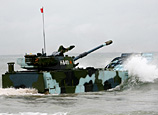
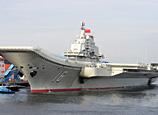
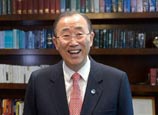

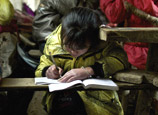

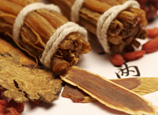







 Sex case leads to warnings about apps on smartphones
Sex case leads to warnings about apps on smartphones


![]()
